How, when and why unused code sticks around.
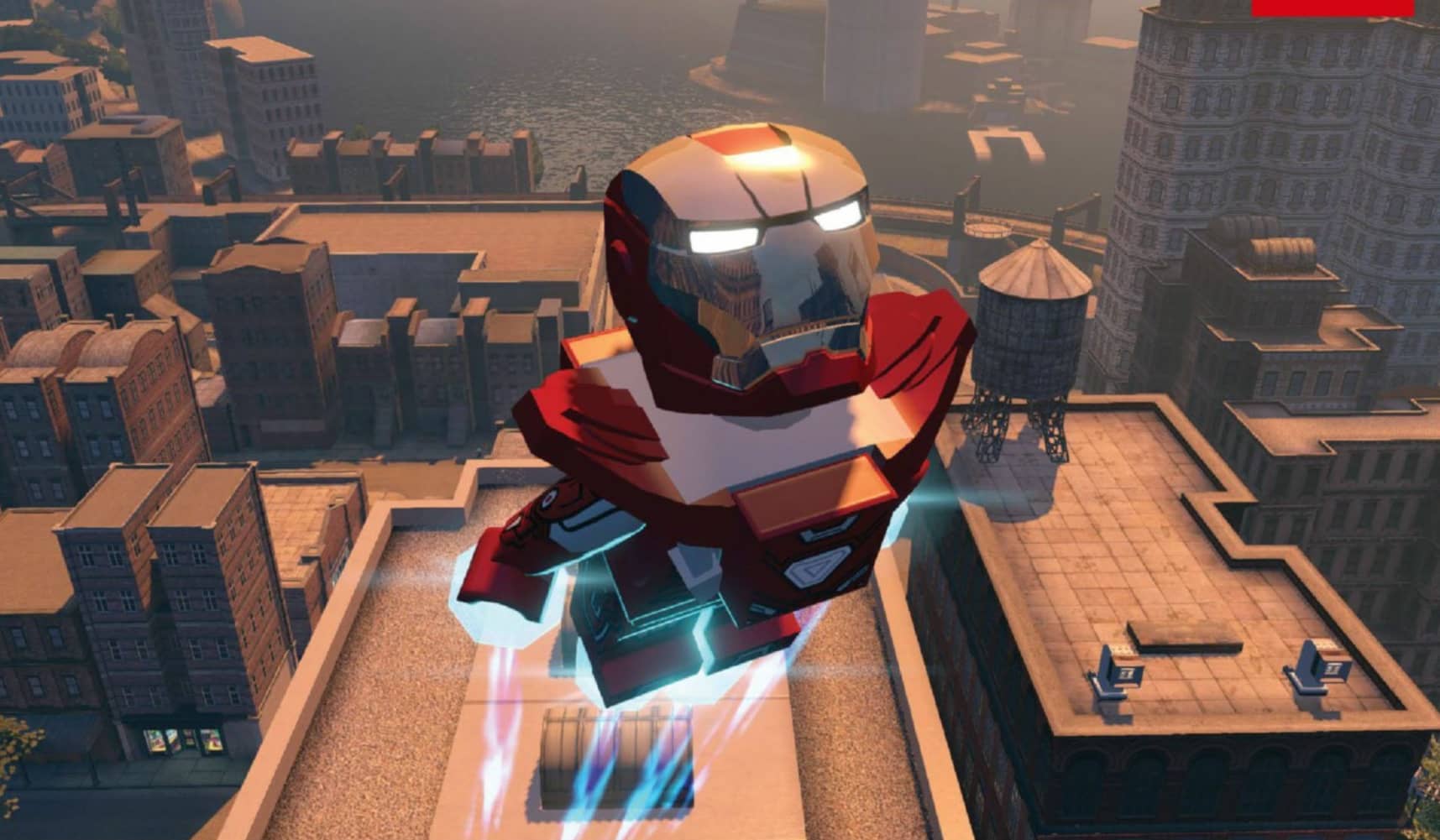
Every other day, it seems that some band of intrepid dataminers finds hidden, outdated, or mysterious content buried in the code of our favourite games. This isn’t negligence. Instead, it’s a peek into a little known reality of game development: that unused code is left in databases because it’s too risky to remove.
Defender’s Quest DX dev Lars Doucet compares disabled (rather than removed) code to a nest of cords. “You can’t say for certain what is plugged in to what without taking a lot of time to figure it out.” This is especially true if you didn’t write the code, for instance if you’re working on a large team. Deleting old, seemingly obsolete code can risk breaking something important.
Industry veteran Tom Forsyth explains how keeping disabled code around allowed Oculus to release Positional Time Warp (tech that smooths perceived motion by tracking depth information and movement) in 2018. “For various non-technical reasons, the feature was removed,” Forsyth says. “[Fast] forward to more than THREE YEARS later, and in 2018 Oculus announce this new feature called… Positional Time Warp! And it’s exactly the same as the thing it was before. … If it hadn’t stayed alive in the (very fluid) codebase all those years, it would have been a huge pain in the arse to reinstate, and probably wouldn’t have got the go-ahead.”
Diese Geschichte stammt aus der February 2019-Ausgabe von PC Gamer.
Starten Sie Ihre 7-tägige kostenlose Testversion von Magzter GOLD, um auf Tausende kuratierte Premium-Storys sowie über 8.000 Zeitschriften und Zeitungen zuzugreifen.
Bereits Abonnent ? Anmelden
Diese Geschichte stammt aus der February 2019-Ausgabe von PC Gamer.
Starten Sie Ihre 7-tägige kostenlose Testversion von Magzter GOLD, um auf Tausende kuratierte Premium-Storys sowie über 8.000 Zeitschriften und Zeitungen zuzugreifen.
Bereits Abonnent? Anmelden

A New Dawn - The rise, fall and rise again of PC Gaming in Japan
The so-called 'Paso Kon' market (ie katakana's transliteration of 'Pasonaru Computa') in Japan was originally spearheaded in the 1980s by NEC's PC-8800 and, later, its PC-9800.

MARVEL: ULTIMATE ALLIANCE
Enter the multiverse of modness.
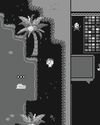
SLIDES RULE
Redeeming a hated puzzle mechanic with SLIDER
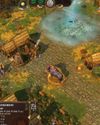
GODS AND MONSTERS
AGE OF MYTHOLOGY: RETOLD modernises a classic RTS with care

PHANTOM BLADE ZERO
Less Sekiro, more Wo Long: Fallen Dynasty

STARR-MAKING ROLE
Final Fantasy XVI's BEN STARR talks becoming a meme and dating summons
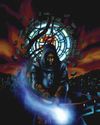
THIEF GOLD
Learning to forgive myself for knocking out every single guard.

HANDHELD GAMING PCs
In lieu of more powerful processors, handhelds are getting weirder
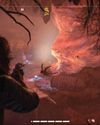
FAR FAR AWAY
STAR WARS OUTLAWS succeeds at the little things, but not much else shines
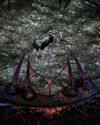
FINDING IMMORTALITY
Twenty-five years on, PLANESCAPE: TORMENT is still one of the most talked-about RPGs of all time. This is the story of how it was created as a ‘stay-busy’ project by a small team at Black Isle Studios